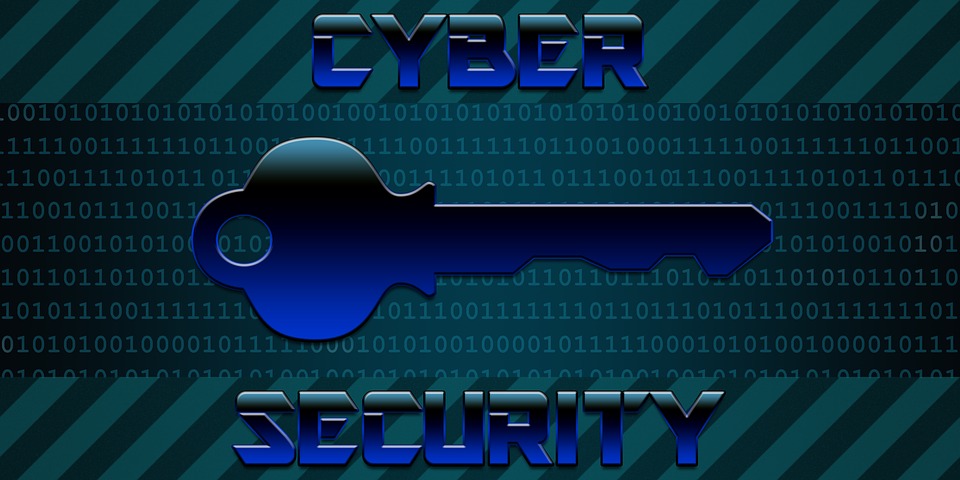Information technology has completely transformed how you engage with the world today. But the digital revolution has a negative side as well. Companies are finding it more and more challenging to verify the legitimacy of their users in a virtual environment. Identity fraud instances have multiplied dramatically in recent years. In 2020 alone, this type of cybercrime claimed the lives of over 49 million US customers, who suffered damages totaling more than $56 billion. It makes sense why individuals struggle with trust. Identity authentication and verification are now requirements for carrying out any online commerce.
Today, among visitors, vacation rentals are the most preferred mode of transportation. The addresses of Airbnb and other short-term rentals in a given location are readily available to travelers because of the dozens of global property management businesses. Many times, fraudulent bookings occur, costing the property management money and harming the property. If you live in one of the world’s largest cities, fraudulent reservations might happen if you do not have the right rules and precautions.
So, here are some ways to enable you to authenticate your identity:
Table of Contents

Authenticate the Deals
If you find something too good to be true, it perhaps is. This proverb stands true in various circumstances, so bear that when you look at holiday rentals. You should be cautious of any apartment or cottage that provides a significant discount, even if vacation rental costs vary depending on elements like the number of rooms, facilities, and location. Always compare the rental costs of numerous houses in the region you want to live in to get a fair idea of what is typical for that area. Also, ensure to go for background verification API to avoid rental fraud.
Wire Transfer
No respectable vacation rental management firm will ever request a wire transfer of funds or any odd payment method. Many hotels and vacation rentals accept debit and credit cards unless otherwise noted, and they won’t demand that you wire money into a bank account. If a property manager asks you to do this while discussing a vacation rental house, stop talking right now!
Fake Travel Reservation Websites
The American Hotel & Lodging Association estimates that yearly, some 15 million internet hotel reservations occur through phony third-party websites. These fraudulent websites lead users to believe they are directly making a reservation with their preferred hotel. Instead, the victims place bookings on fraudulent websites designed to take their money, credit card details, and fantasies of a peaceful overnight vacation. Consumers should exercise caution when making online reservations for hotels and other types of travel, including flights and rental vehicles since fraudsters have made more than $1.3 billion in profit from bogus hotel reservations.
Look at the website’s URL as a general rule of thumb; trustworthy websites typically start with HTTPS rather than HTTP, with the “s” signifying a secure site. Additionally, the AHLA advises searching for the lock icon in the search bar’s upper-left corner, which denotes a safe website. You should never enter your password, credit card information, or other types of identification into a non-secure website.
Book Or Call Directly
The safest option is to book directly through the hotel or a reputable third-party website. Remember that the top results on a search engine’s results page aren’t always legitimate when you enter the name of a hotel since you may quickly pay to appear there. Call the hotel directly if you have any questions regarding the location. Asking inquiries that only real front desk staff members could respond to, such as suggestions for nearby restaurants and sights, AHLA states that if you’re concerned, you may have reached a scammer’s call center.
Make Sure That E-Visa Is Official
Online travel scams using fake electronic visa websites are becoming more prevalent. They take advantage of tourists trying to get an electronic visa for a nation or nations they wish to visit. A website for applying for a visa requires the same caution when browsing a website for booking travel or lodging.
You incur a significant risk of identity theft if they fool you into disclosing your personal, travel, and passport information. Additionally, you will forfeit any money you spent on a fraudulent visa. It may be a fraud if an e-visa website promises a cheaper or temporary visa. The nation’s government may only issue a visa you plan to visit, so exercise caution.
Avoid Hotel Room Rates That Are Too Low
The number of fake hotel room scams is growing. If a questionable online hotel site tries to set you up with an absurdly low rate or package, it’s an urgent warning sign. Use caution when browsing, or leave the page and choose another one.
Make a direct call to the hotel’s customer care line if a room discount appears too good to be true. Ask for suggestions for nearby eateries and attractions once you’ve talked about the cost of the hotel. If you want to know if you’re speaking to a skilled customer service representative or someone who hasn’t dealt with tourist concerns before, pay attention to how the other person on the line behaves over a long conversation.
Whenever possible, attempt to get in touch with the hotel personally or send them an email to ensure that you have a reservation. The more time you invest in investigating the hotel’s qualifications, the lower your risk of falling victim to fraud and maybe losing money.
Final Remark
So, if you wish to avoid falling for an internet rental scam, keep these suggestions in mind while you plan your trip and put them to use when looking for hotels to rent.

